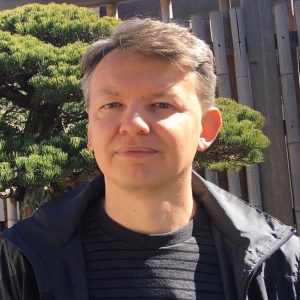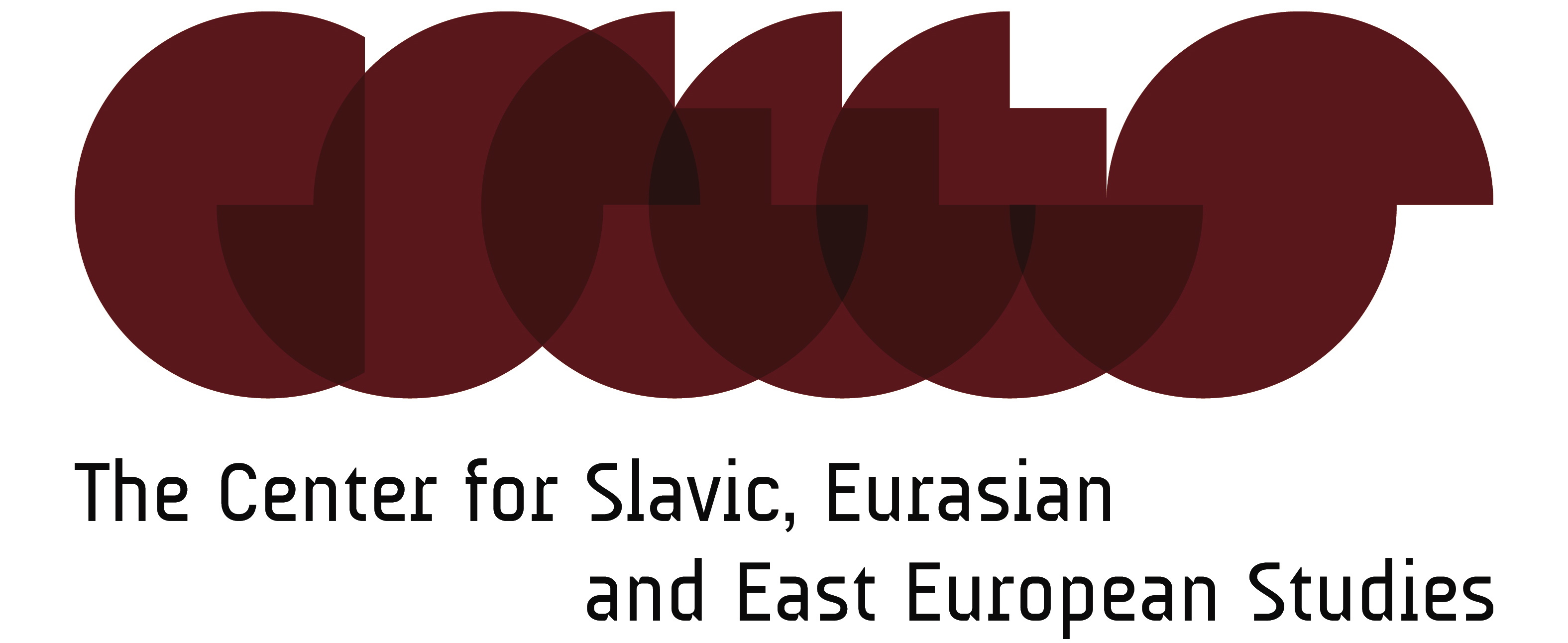 Dr. Andrey Menshikov is a visiting scholar in the CSEEES pilot program New Directions in Russian Studies: Expanding Disciplinary Horizons. He is an associate professor of philosophy at the Ural Federal University in Ekaterinburg, Russia. His current research focuses on the growing role of emotions in decisions that affect human rights and on possible re-conceptualization of the freedom of religion in situations when freedom of religion is both defined as a human right and is perceived as a threat to human rights.
Dr. Andrey Menshikov is a visiting scholar in the CSEEES pilot program New Directions in Russian Studies: Expanding Disciplinary Horizons. He is an associate professor of philosophy at the Ural Federal University in Ekaterinburg, Russia. His current research focuses on the growing role of emotions in decisions that affect human rights and on possible re-conceptualization of the freedom of religion in situations when freedom of religion is both defined as a human right and is perceived as a threat to human rights.
This spring semester you taught a course on “Religion and Politics in Contemporary Russia” offered through the Curriculum in Global Studies. Can you tell us a bit about the class and your experience teaching as a visiting scholar at UNC?
We were a small group and had to work hard because there was a lot of new and complicated material to cover. While we kept focus on what was going on in Russia, I also wanted students to see the Russian developments in a larger global and historical perspective. We talked about sociological and anthropological approaches to religion in the modern world as well as about new Russian saints and contemporary religious pluralism in Russia. The students did great presentations on artistic interpretations of modern religion in Russia, including recent films and actionist art projects, and wrote good final papers on poignant issues such as gender conflicts and bioethical debates.
This wasn’t an easy semester for anyone bearing in mind all sorts of disruption from the Covid-19 pandemic. But it must have been especially challenging for someone who was brand new to teaching at an American university. How did you handle the sudden transition to teaching remotely?
I had prior experience of teaching internationally, but this was the first time I taught my own course at a non-Russian university and had to follow all formalities and procedures that came with the appointment. My home university has an electronic management system and, therefore, Sakai was not such a challenge to me, but transferring all teaching to Zoom mid-term was totally unexpected. I can’t help admiring how UNC handled the transition and helped everyone to prepare for remote instruction.
In addition to teaching, what other aspects of your stay at UNC have helped you advanced professionally?
Apart from doing my research on the emerging political pressure from Orthodox opinion leaders on regional and national politics, I am working on translating Henri Bergson’s lectures on the concept of time, which the French philosopher read at the Collège de France at the turn of the last century. The Triangle is renowned for its expertise in continental philosophy and I benefited a lot from attending events at UNC and Duke. I am slightly disappointed, though, I could not take part in the Southern Slavic Association conference in Greenville, SC and explore this part of the US, but I was impressed by the Nasher Museum in Durham and panoramic exhibition on US history in Raleigh. In my view, professional development cannot be limited to one’s immediate research interests, it is important – and often gives a very rewarding experience – to learn more about the places where you happen to live and work. Yet, the quarantine severely limited this opportunity. So instead, I had to focus on my research and on my course, and on watching local birds which are amazingly diverse and beautiful.
As a visiting scholar, how would you compare your experiences of higher education in the U.S., and UNC specifically, to those in your home country. What do you see as pros and cons of both systems?
There is no doubt that US universities are significantly richer and better equipped than Russian universities. Despite large government investment, neither teaching nor research resources in Russia are as extensive and up to date as here. I had little chance to meet many colleagues and talk about our experiences in national systems of education, but I had to go through some formalities as a visiting scholar upon arrival. It took, in fact, little effort on my part, mostly thanks to UNC’s International Scholar and Student Services. In Russia, on the other hand, bureaucracy stifles our universities and makes it harder for us to cooperate with international colleagues. However, technology opens new opportunities for both teaching and research, as Zoom classes and conferences have recently showed, we can indeed communicate with our students and colleagues as much as we want by-passing all bureaucratic absurdities.
What long-term impact do you think Covid-19 will have on international collaboration and exchanges, both in terms of resources and mobility?
There are now many contradictory forecasts about how life will change after the pandemic. Renowned intellectuals publicly debate about the responses to and consequences of the outbreak. They all have their fears and their agendas. We shall see what the actual outcomes will be, but I would personally hope that the life sciences will get more funding and more students in the future and that people will learn to heed advice of experts rather than that of self-seeking politicians.
As a result of the pandemic, which issues do you see taking a prominent place in future academic research and to what extent do you think we will see international academic collaboration on those issues?
I would be interested to see research on how, in the countries affected by the pandemic, the resurgent xenophobia was curbed and what specific institutional and cultural barriers to racist or xenophobic response were most efficient. I believe a healthy society is the one that shows greater solidarity and sympathy in times of crisis.

